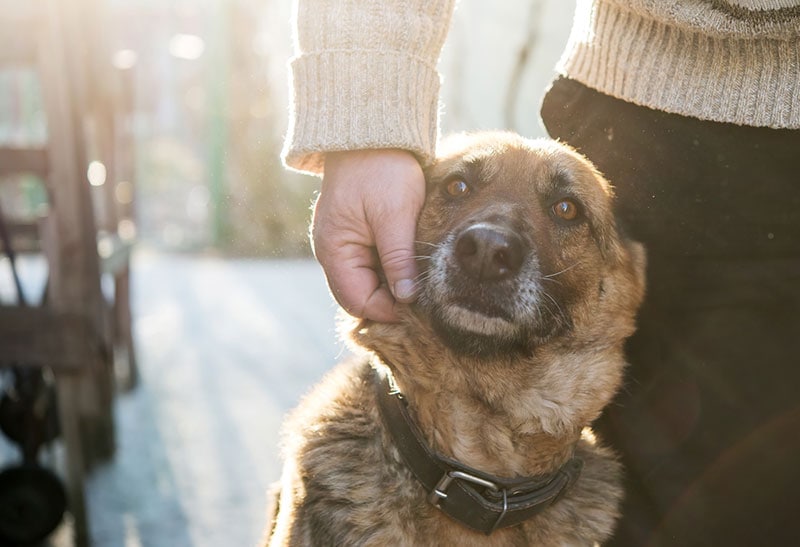In this article
View 4 More +Making the decision to surrender a dog is never easy. However, understanding the costs involved can make the process somewhat less stressful. Surrendering a dog can range from being free to costing over $150, depending on various factors such as the shelter’s policies and the dog’s health condition.

How Much Does Surrendering a Dog Cost?
The cost of surrendering a dog varies significantly based on several factors, including the dog’s health condition, age, size, and the shelter’s policies. Additionally, geographical location plays a key role in determining the cost.
On the East Coast, surrender fees can range from $50 to $150. In the Midwest, the fees might be slightly lower, averaging between $40 and $100. On the West Coast, surrender costs can vary widely, from being free to over $150, especially in major cities.
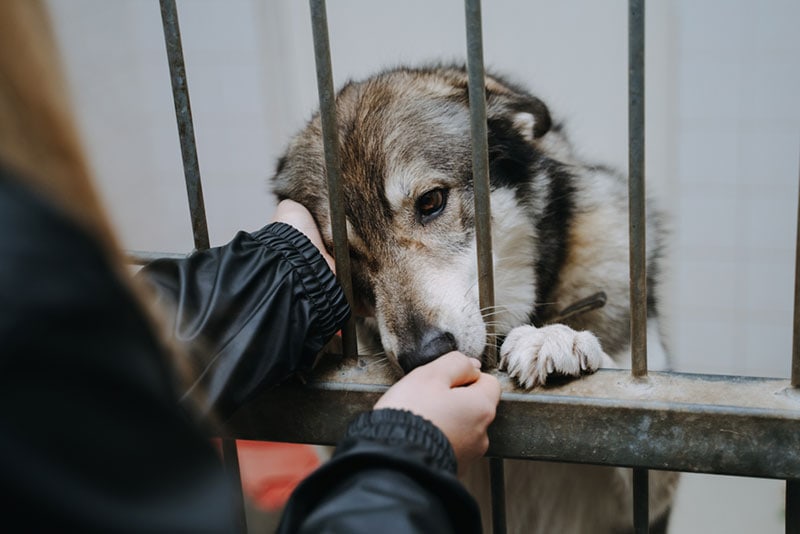
Where Can You Surrender a Dog?
Various types of shelters and adoption organizations exist, each with its own set of policies and procedures for dog surrenders. Here we break down the most common types:
Public Shelters
Public shelters are typically funded by local government entities. They often operate on a limited budget and strive to make their services accessible to everyone in their jurisdiction. As such, they generally have lower surrender fees compared to other organizations.
Private Shelters and Rescue Organizations
Private shelters and rescue organizations primarily rely on private funding sources, such as donations or grants. These organizations might charge higher surrender fees to help offset the costs of care provided to the animals. The fees also support their ongoing operations and initiatives to find homes for surrendered animals.
No-Kill Shelters
No-kill shelters are dedicated to saving lives and aim to euthanize no healthy or treatable animals in their care. They may have a waiting list due to their commitment to providing every animal with a chance at a good life. Surrendering your dog to a no-kill shelter could come with a fee, which is often used to support their mission.
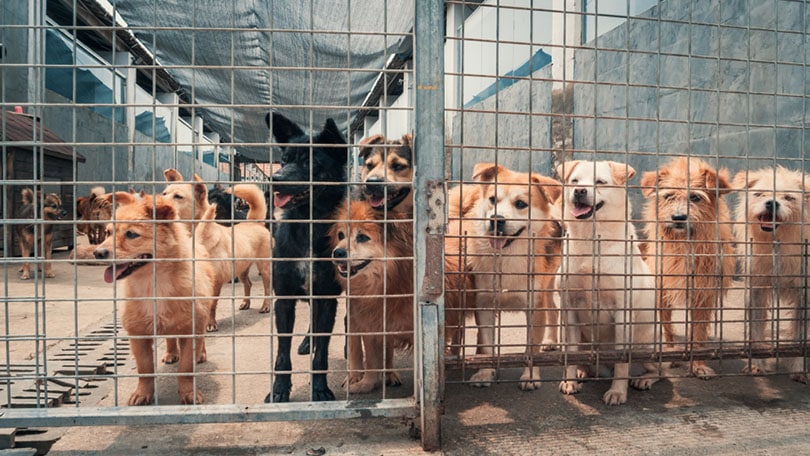
Breed-Specific Rescue Groups
Breed-specific rescue groups focus on rescuing and rehoming specific breeds. If you’re surrendering a purebred dog, these organizations could be a viable option. Their surrender fees vary and are generally used to cover the costs associated with the breed’s specific needs.
Animal Welfare Organizations
Some larger animal welfare organizations operate shelters and adoption centers. These organizations, such as the Humane Society or the ASPCA, may have different surrender policies and fees depending on the specific branch or location.
Foster-Based Rescue Groups
Foster-based rescue groups do not have a physical shelter. Instead, they place dogs in temporary foster homes until they can find them permanent homes. Surrender fees for these groups can vary widely and are often used to support their foster care program.

Factors that Contribute to Surrendering Costs
Dog’s Health Condition
If your dog is healthy, the surrender cost might be lower. This is because healthy dogs require less immediate medical attention upon arrival at the shelter. Dogs with health problems may incur higher surrender fees due to the additional medical care they’ll need. Elderly dogs often require more medical attention and special care, which can lead to higher surrender fees.
Geographic Location
Shelters in urban areas may charge higher surrender fees due to higher operational costs. In contrast, shelters in rural areas might have lower fees due to lower cost of living and operational expenses.
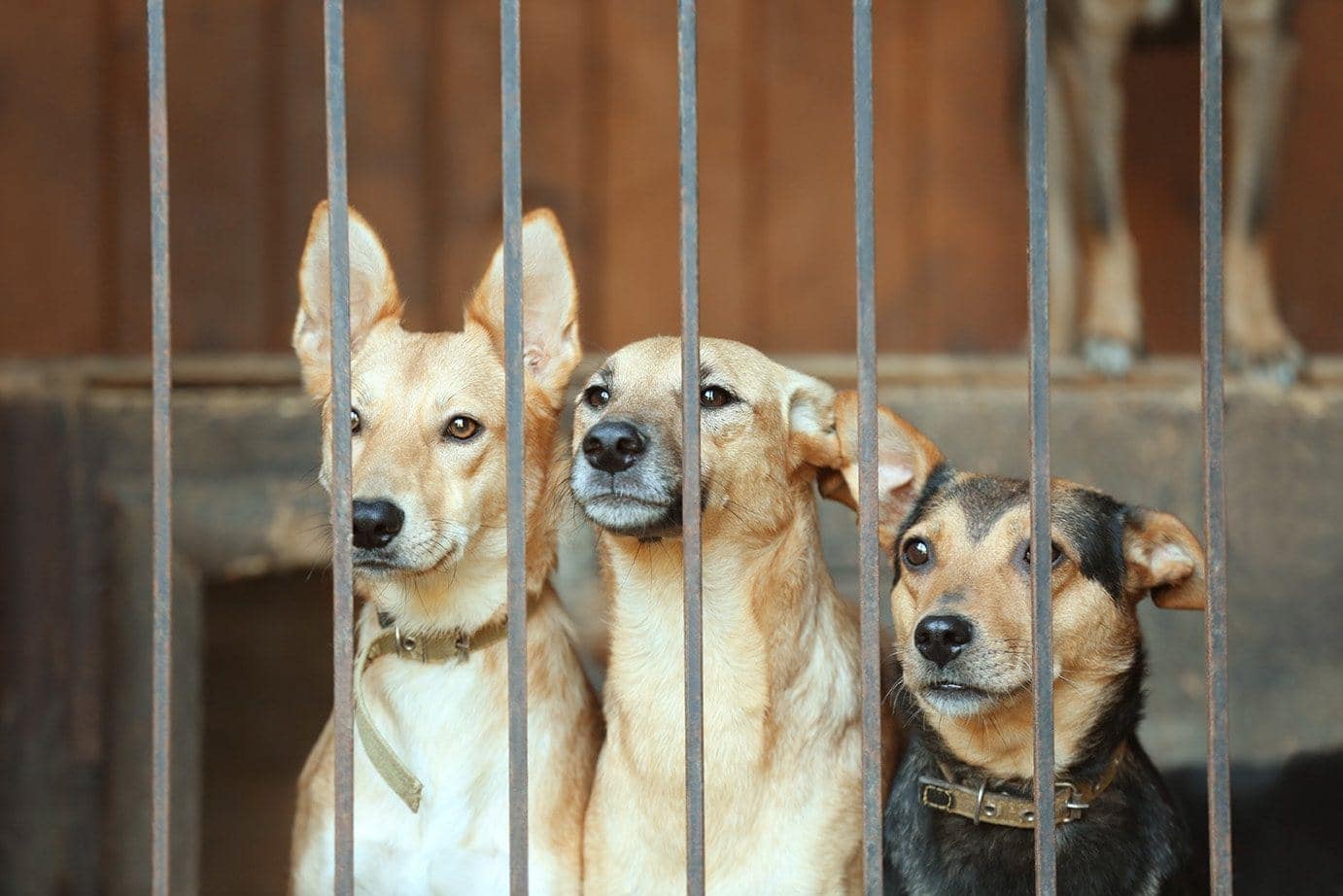
Other Factors
Some shelters include the cost of microchipping and initial vaccinations in their surrender fees. Some shelters conduct behavior assessments on surrendered dogs to determine their adoptability, which can add to the surrender cost.
Size of Dog
The size of your dog can also influence the surrender fee, with larger dogs typically costing more due to higher food and space requirements.

Additional Costs to Anticipate
When surrendering a dog, there may be additional costs to consider. If your dog hasn’t been spayed or neutered, some shelters may charge an additional fee. Other potential costs include initial vaccinations and microchipping if these haven’t been done already.
List of Total Potential Costs
Surrendering a dog to a shelter or rescue group often involves several costs. Many shelters accept animals for free, but some ask you to defer the cost of their care.
- Surrender Fee: This is the primary cost when surrendering a dog. It varies by shelter and location, but it’s typically between $50 and $150.
- Spay/Neuter Fee: If your dog hasn’t been spayed or neutered, some shelters may charge an additional fee to cover the procedure. This can range from $50 to $300 depending on the size and gender of the dog.
- Vaccination Fee: Shelters want to ensure that all dogs in their care are vaccinated. If your dog isn’t up to date with their shots, there might be an additional vaccination fee, which can be anywhere from $20 to $100.
- Microchipping Fee: If your dog isn’t microchipped, some shelters will do this before rehoming the dog. This could add another $15 to $50 to the total cost.
- Medical Examination Fee: Some shelters perform a medical examination to assess the dog’s health condition upon arrival. This fee can vary widely, from $30 to $100.
- Behavioral Assessment Fee: Shelters may also conduct a behavioral assessment to determine the dog’s temperament and suitability for adoption. This can add an additional $50 to $100 to your total cost.
- Special Care Fee: If your dog is elderly, has medical conditions, or requires special care, some shelters may charge an additional fee to cover these extra costs. This will vary greatly depending on the specific needs of the dog.
Please note that these costs are estimates, and actual fees can vary significantly based on various factors, including the specific policies of the shelter or rescue organization. Before surrendering your dog, be sure to contact the organization to get a detailed understanding of the potential costs involved.
How Often Should I Consider Surrendering a Dog?
Surrendering a dog is not a routine event but a one-time decision made under specific circumstances. It should only be considered when all other alternatives have been exhausted and if it’s in the dog’s best interest.

Does Pet Insurance Cover Surrender Fees?
Typically, pet insurance does not cover surrender fees. Pet insurance is generally designed to cover veterinary care costs due to accidents, illnesses, or preventive care.
What to Do Before Surrendering Your Dog?
Before surrendering your dog, exhaust all possible alternatives. Try reaching out to friends, family, or breed-specific rescue groups. If behavioral issues are a concern, consult with a professional trainer or a veterinarian.
If you need to speak with a vet but can't get to one, head over to PangoVet. It's our online service where you can talk to a vet online and get the advice you need for your pet — all at an affordable price!


Surrendering a Dog: What You Should Never Do
Surrendering a dog is a serious decision that comes with its own set of responsibilities. Here are some things you should never do when surrendering your dog:
Abandon Your Dog
Never abandon your dog in public places or leave them to fend for themselves. Not only is it cruel and illegal, but it also exposes the dog to numerous dangers such as accidents, starvation, disease, and abuse.
Choose a Shelter Randomly
Do your research before choosing a shelter. Consider factors such as the shelter’s policies, reputation, facilities, and the care they provide for their animals.
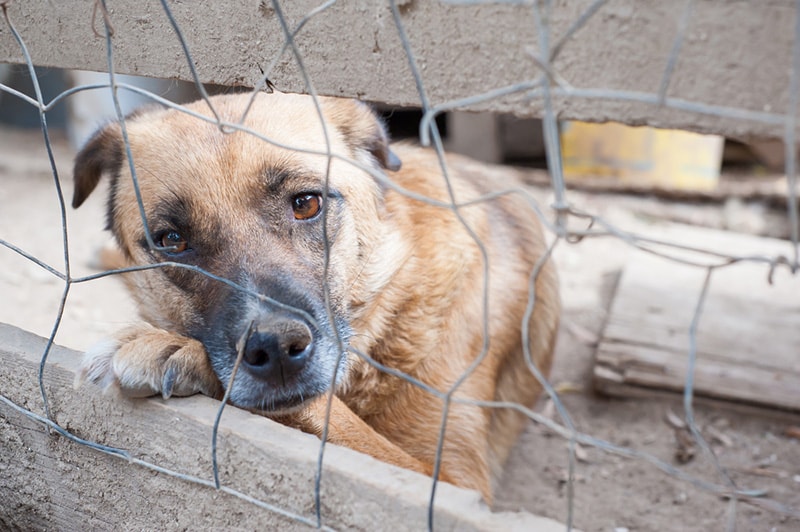
Neglect to Provide Medical History
If your dog has received veterinary care, bring their medical records when you surrender them. This information will help the shelter provide the best possible care for your dog and can be vital for their future adoption.
Lie About Your Dog’s Behavior
Be honest about your dog’s behavior. If your dog has behavioral issues, let the shelter know. Concealing this information can lead to unsuccessful adoptions and even endanger the shelter staff and other animals.
Fail to Explore Other Options First
Surrendering your dog should be the last resort. Before making this decision, explore other options like behavioral training, seeking help from friends and family, or rehoming your dog privately.
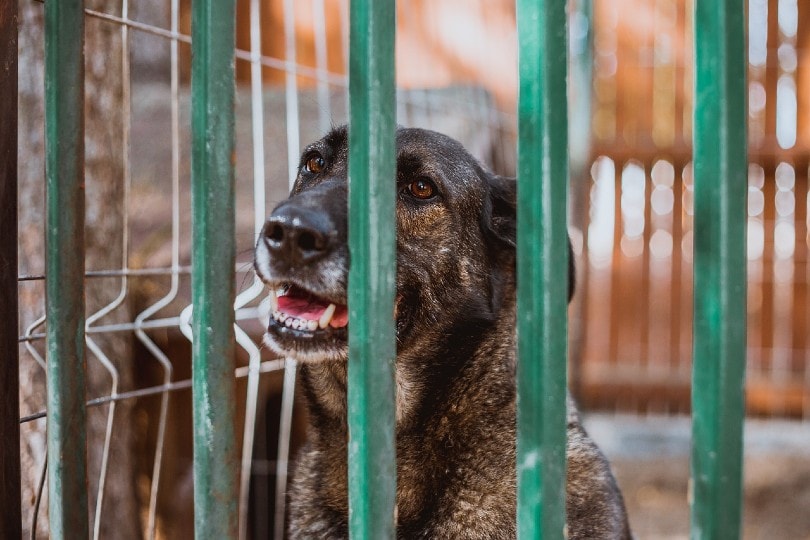
Forget to Say Goodbye
Saying goodbye is an important step in the process. It provides closure for both you and your dog. When you say goodbye, do so calmly and positively to avoid causing additional stress to your dog.
Ignore Your Dog’s Feelings
Even if you’re certain that surrendering your dog is the best option, remember that it’s still a stressful experience for them. Try to make the transition as smooth as possible. Bring along a familiar blanket or toy to provide some comfort during this difficult time.
Remember, the goal is to ensure a safe and loving future for your pet. Be responsible, considerate, and honest throughout the process.

Summary
Surrendering a dog comes with emotional and financial costs. Understanding the factors that influence these costs can help in making this difficult decision. While fees vary, remember that they contribute to the care and well-being of your pet after surrender. Arming yourself with the facts will make this difficult process a little less complicated.
See also:
Featured Image Credit: Lena Ivanova, Shutterstock
